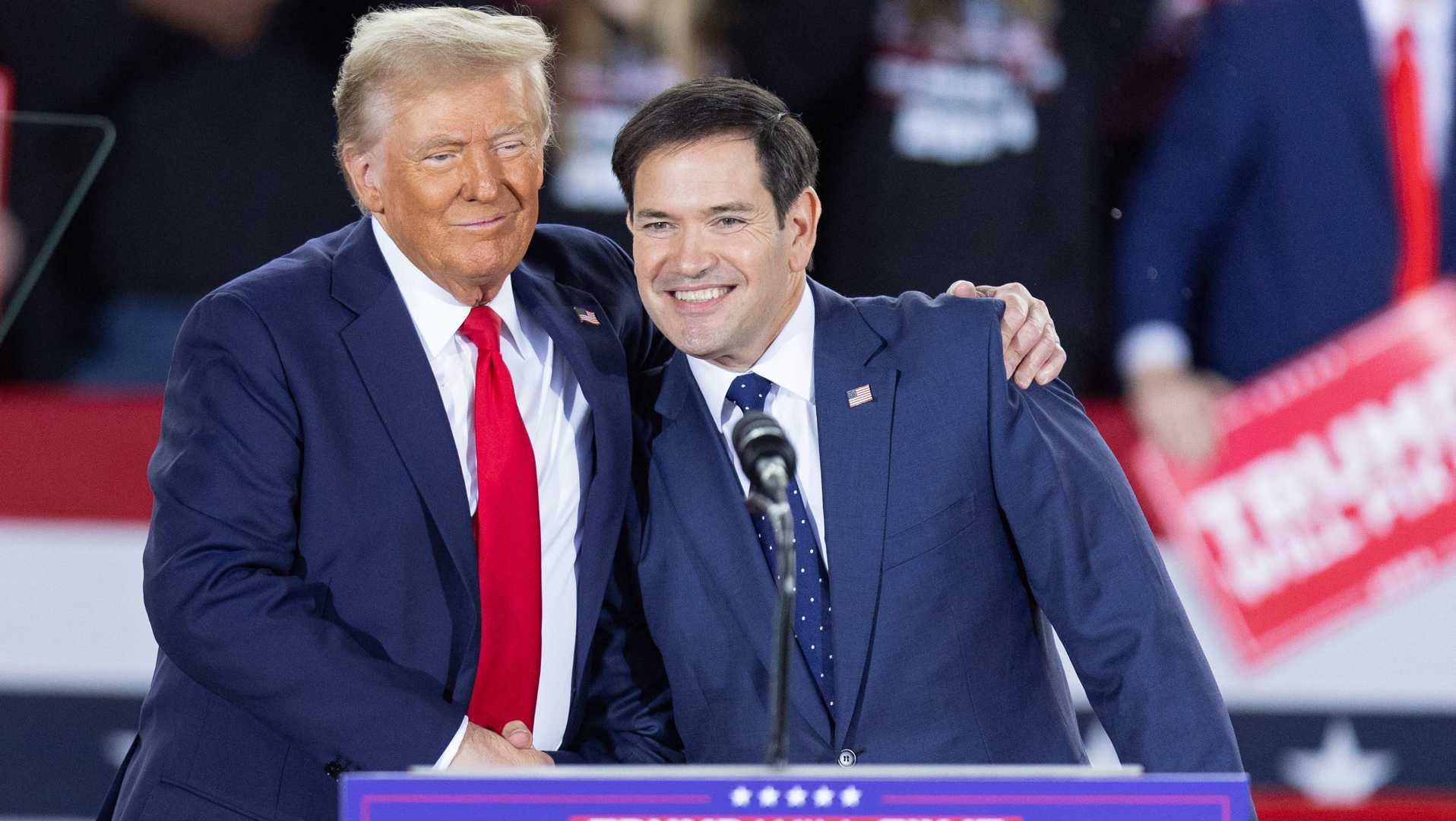Politics
Marco Rubio as Secretary of State: Neocons’ Reaction and Implications for Trump’s Foreign Policy

In the wake of the 2024 presidential election, reports have emerged that Florida Senator Marco Rubio is likely to be nominated as the Secretary of State in Donald Trump‘s upcoming administration. This development has sparked significant interest, particularly among neoconservatives, who are generally delighted by the choice.
Rubio, known for his hawkish stance on foreign policy, has been a prominent figure in Republican politics. Despite being a hawk, he is not typically classified as a neoconservative. Instead, he represents a mainstream conservative position that supports American engagement on the global stage without the aggressive interventionism often associated with neoconservatism.
The nomination of Rubio, along with Rep. Michael Waltz as National Security Advisor, suggests that Trump is favoring loyalty and alignment with his personal views over past affiliations. This move is seen as a departure from the first-term administration, where figures like Nikki Haley and Mike Pompeo, who had explored running against Trump, are not being considered for roles.
Neoconservatives, who were influential in the Iraq War and other foreign policy initiatives of the past, have found little favor in Trump’s administration. Notably, figures like Dick Cheney and George W. Bush did not support Trump in the recent election, highlighting a rift between Trump’s approach and traditional neoconservative policies.
The selection of Rubio and Waltz indicates that Trump’s foreign policy will likely continue to be assertive but may not align with the full spectrum of neoconservative ideals. Instead, it reflects a blend of mainstream conservative and populist-leaning views that prioritize American interests and loyalty to Trump’s agenda).












